
Shocking Nighttime Clues: 2 Silent Symptoms That Could Signal Cancer Without You Realizing
Cancer is not just one condition but a group of over 200 different types that can affect nearly any organ in the human body. The symptoms vary depending on where the disease starts, which often makes diagnosis challenging. While some cancers are detected through targeted screenings, many only show themselves through small, non-specific signs that are easy to dismiss. Interestingly, certain warning signals tend to appear more clearly during the night, when the body is at rest and environmental factors are minimal.
According to specialists from Cancer Research UK, two nighttime symptoms—severe night sweats and persistent insomnia—should never be ignored. Though these issues can also arise from stress, hormonal changes, or other medical conditions, they may, in some cases, serve as early indicators of cancer.
The charity emphasizes: “What matters most is knowing what is normal for your body. If you notice unusual changes or symptoms that do not go away, speak to your doctor. Detecting cancer at an early stage significantly increases the chances of successful treatment.”
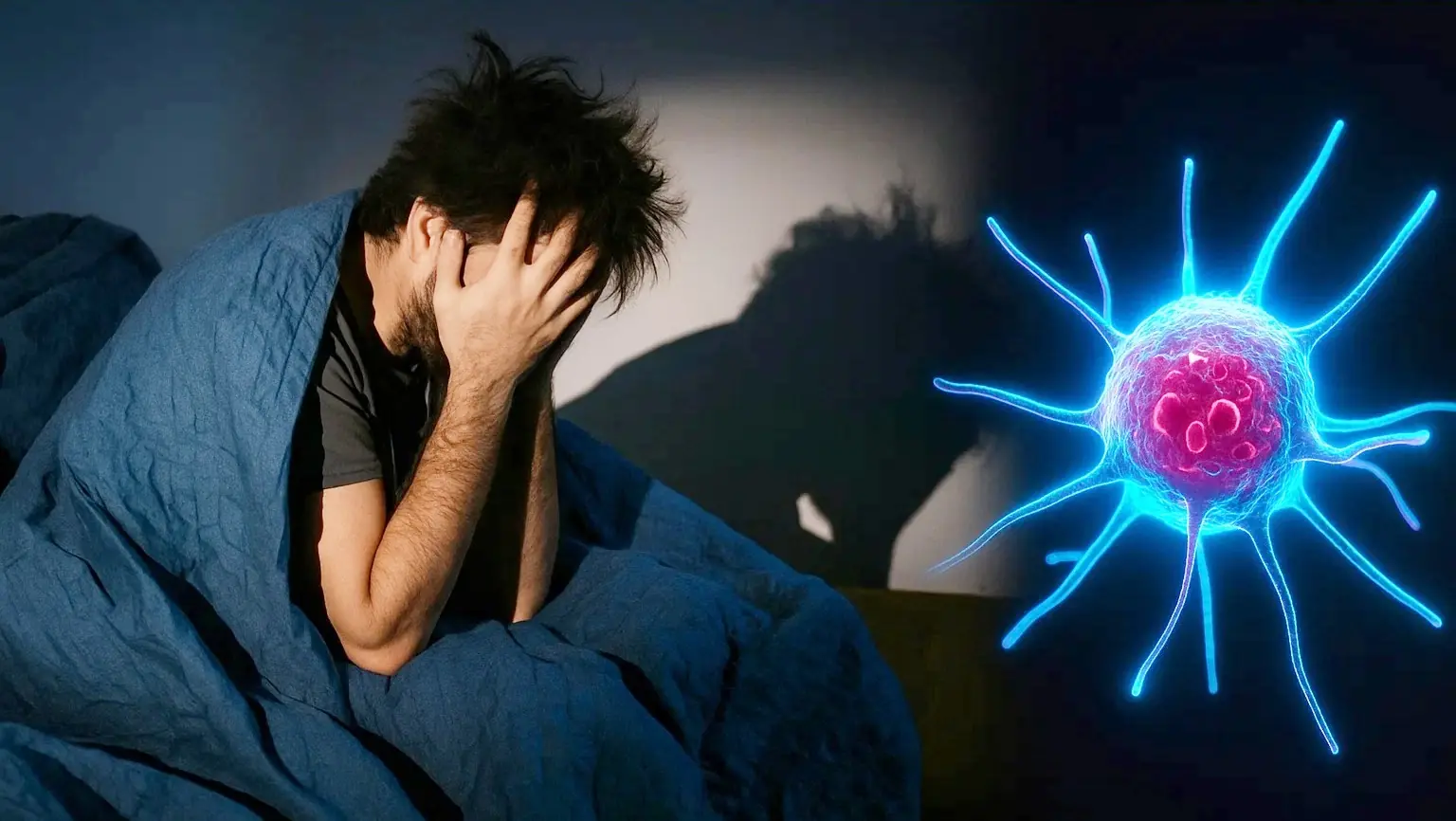
- Night Sweats – More Than Just a Hot Room
Waking up drenched in sweat despite sleeping in a cool environment is not just a minor inconvenience—it could be a red flag. While many people blame heavy blankets, warm weather, or even sharing a bed, intense, unexplained night sweats should be taken seriously.
Cancer Research UK notes that soaking through clothes or bed sheets, especially when paired with unexplained fever, could point to blood cancers such as Hodgkin lymphoma, non-Hodgkin lymphoma, leukemia, or even other conditions like carcinoid tumors and advanced thyroid cancer.
The UK’s National Health Service (NHS) also stresses caution: “If you regularly wake up with your bedding soaked despite sleeping in a cool room, it’s time to consult a doctor.” Excessive sweating may not always mean cancer, but when combined with other symptoms, it warrants medical attention.
Cancers most often linked to night sweats include:
- Non-Hodgkin lymphoma
- Hodgkin lymphoma
- Leukemia
- Carcinoid tumors
- Prostate cancer
- Kidney cancer
- Bone cancer
- Mesothelioma
- Advanced medullary thyroid cancer
- Germ cell tumors
- Insomnia – When Sleepless Nights Point to Something Deeper
Difficulty sleeping is common—around one in three people will experience insomnia at some point due to stress, work pressure, or lifestyle factors. But when poor sleep becomes chronic, unexplained, and resistant to lifestyle changes, it could be more than routine restlessness.
Persistent insomnia has been reported in patients with cancer, sometimes triggered by the disease itself, pain, treatment side effects, or the emotional stress of illness. Cancer Research UK explains that long-lasting insomnia can disrupt daily life, leaving sufferers exhausted, irritable, and unable to focus. Over time, it can worsen overall health and even mask more serious underlying conditions.
Other Symptoms That Should Raise Concern
In addition to night sweats and insomnia, doctors advise paying attention to broader warning signs, which may include:
- Constant fatigue even after rest
- Unexplained bleeding or frequent bruising
- Persistent pain or localized discomfort
- Sudden, unexplained weight loss
- New lumps, swelling, or unusual growths
These symptoms do not always mean cancer, but ignoring them can be risky. A timely medical consultation can either rule out serious illness or enable early treatment, which greatly improves survival outcomes.
Bottom line: While sweating through your sheets or struggling to sleep may seem harmless, recurring nighttime issues should never be dismissed. Listening to your body, recognizing changes, and consulting a doctor could be the key to detecting cancer early—when treatment is most effective.
News in the same category


Throwing away coffee grounds is like throwing away money—these uses for coffee grounds are things every household needs

Soak yellowed pillow inserts in this, and no matter how dirty they are, they’ll come out bright and clean like new

Seasoning powder and monosodium glutamate, which is the most harmful?

Throw Watermelon Away Immediately If It Looks Like This

I Was Digging In The Forest When I Hit a Nest

The Secrets Your Thumb Shape Reveals

How To Clean a Fan Without Taking It Apart

Things You Should Never Plug Into A Power Strip
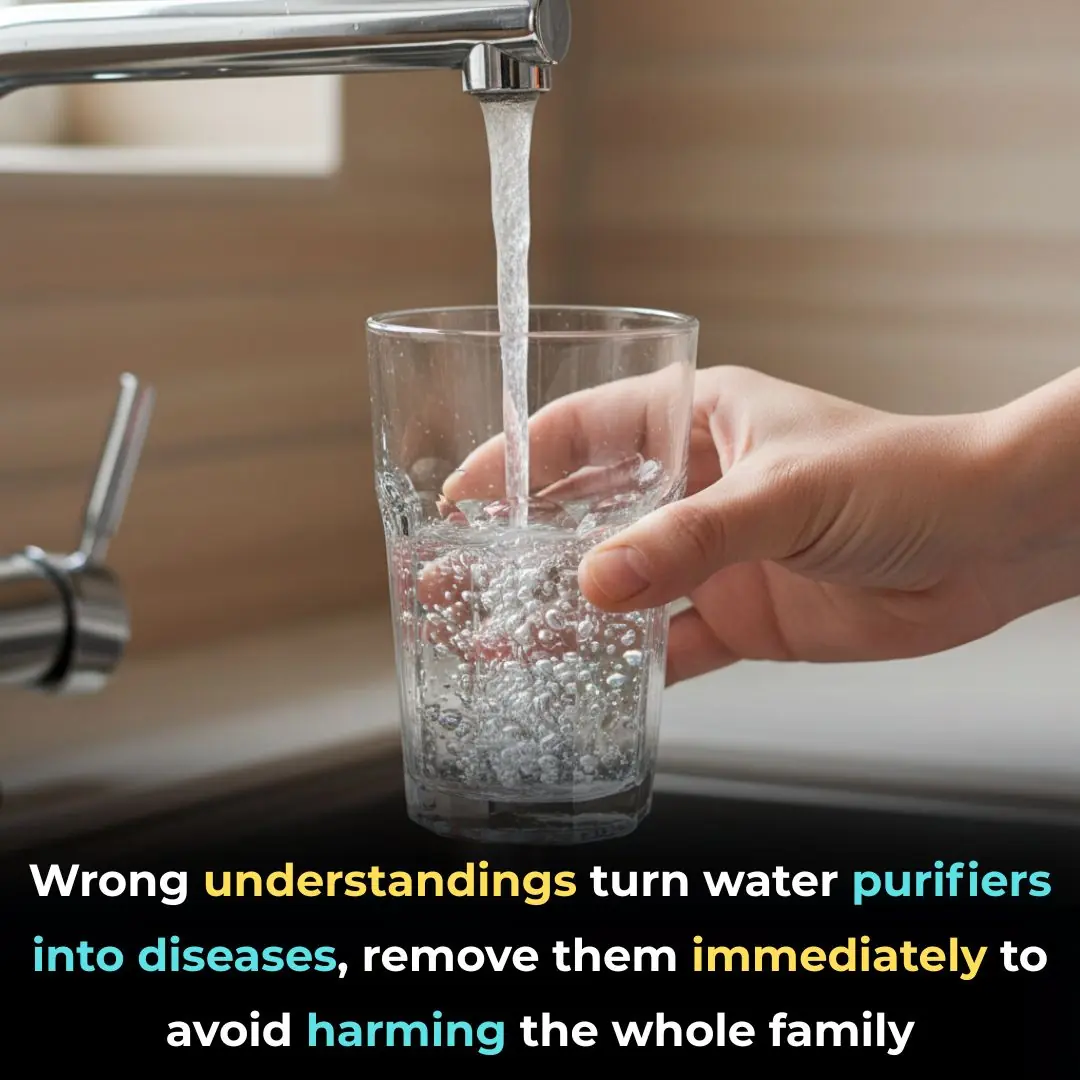
Wrong understandings turn water purifiers into diseases, remove them immediately to avoid harming the whole family

Pouring white sugar into washing powder: A little trick that everyone likes, saving big money every year

The desiccant bag you often throw away has 6 "miraculous" uses.

Treat premature gray hair with this cheap black hair dye recipe using star fruit and potatoes!

Tips for using rice water and ginger to incubate hair to help hair grow quickly, thick and shiny

Golden tips for choosing ham: Identify borax with a simple, absolutely safe method

What are the benefits of aloe vera? 11 benefits of aloe vera for health and skin

Smart Travelers Always Photograph Their Luggage Before Checking It In — Here’s Why

The Last Part of the Pig But One of the Most Beneficial
News Post
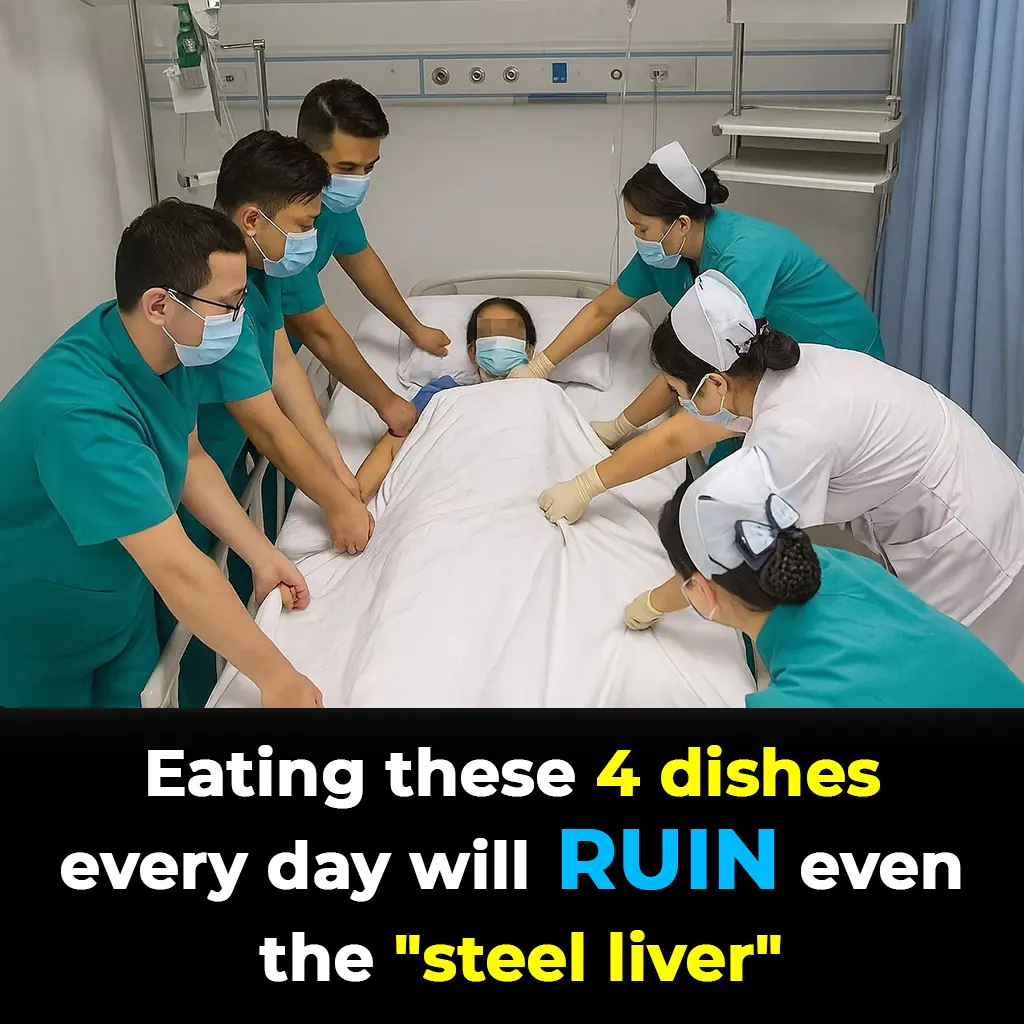
He Never Drank Alcohol but Died of Liver Failure: Doctors Reveal 4 Common Foods That Quietly Destroy the Liver
A man who stayed away from alcohol his entire life shocked his family when he was diagnosed with liver failure and passed away at just 55 years old. Doctors warn that alcohol is not the only enemy of the liver—certain everyday foods can be just as destr

Vitamin D Overdose: When Good Intentions Turn Toxic
Vitamin D is often celebrated as the “sunshine vitamin,” vital for bone strength, immune health, and even protection against certain chronic diseases. But while moderate amounts are essential, excessive or unsupervised intake can be toxic—and in som

6 Types of Pain You Shouldn’t Ignore
Occasional mild discomfort may not require urgent care, but sudden, unexplained, or severe pain always deserves medical attention.

Why You Shouldn’t Be Washing Bath Mats in the Washer

Snakes in Your House

Sessile Joyweed (Alternanthera sessilis): 6 Incredible Health Benefits and How to Use It Naturally

Top 5 Amazing Tips for getting rid of Blackheads and Whiteheads
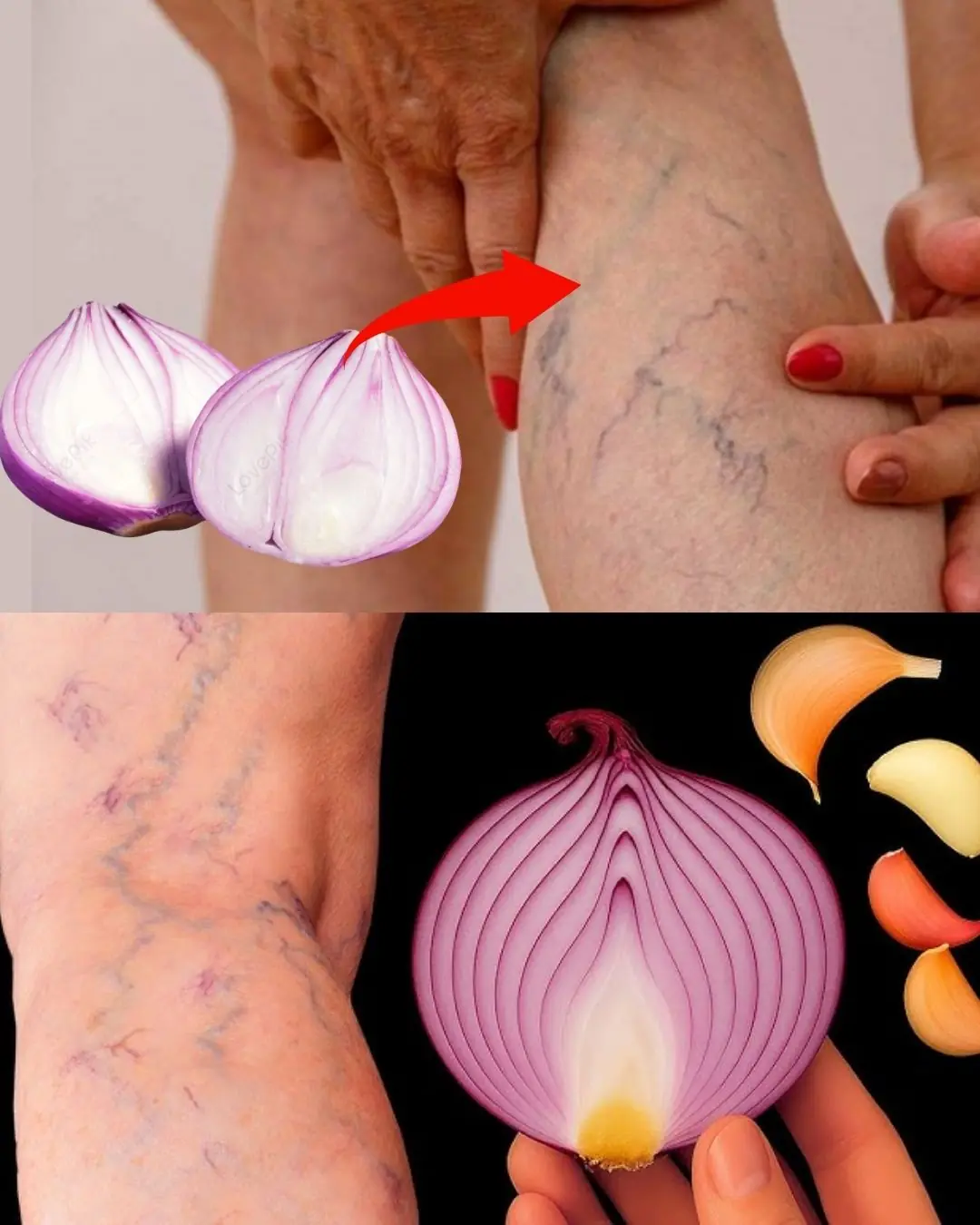
✨ Unbelievable! This Is a Vein Killer! Erase Varicose Veins Like an Eraser! 🔝 2 Natural Recipes 🤩

Italian geologist suffers horrific death while studying Alaskan glacier

Experts reveal whether you should really accept or reject cookies

Banana Face Pack for Glowing Skin: Erase Wrinkles and Look Younger Naturally
The banana peel face pack is more than just a DIY beauty trick—it’s a natural, nutrient-packed treatment that rivals expensive skincare products.

Shrink Large Pores Naturally: The DIY Toner That Beats Expensive Skincare Products
By embracing natural remedies like this DIY toner, you can minimize their appearance without spending a fortune on skincare products.

Fuller Brows After 50: The Anti-Aging Beauty Secret Every Woman Should Know
Your eyebrows are more than just hair above your eyes — they are one of the most powerful features that shape and define your entire face. For women over 50, thinning, fading, or drooping brows can unintentionally add years to the appearance, while well

3 Hidden Husband Habits That Could Raise Their Wives’ Cervical Cancer Risk
Husbands may not always realize it, but their daily choices play a huge role in shaping their wives’ long-term health.
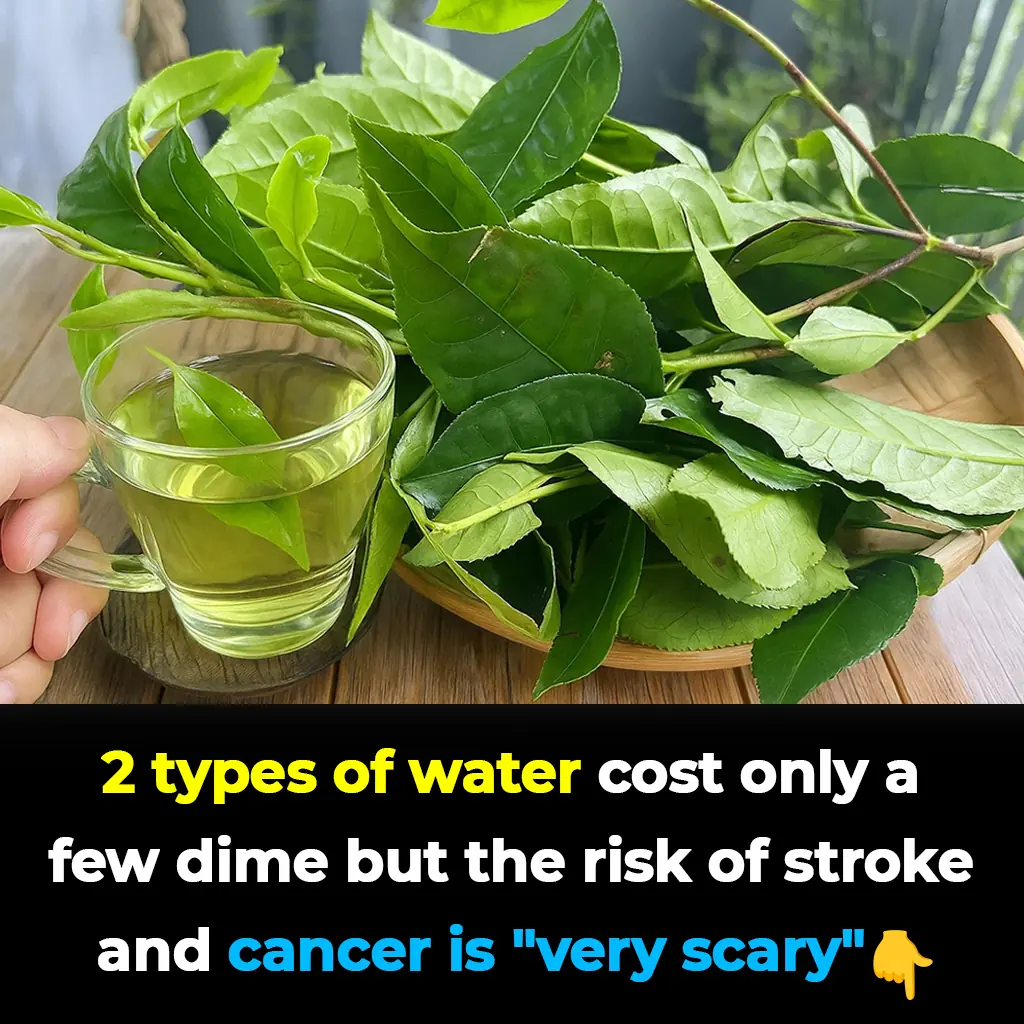
2 Everyday Drinks That Terrify Stroke and Cancer: Cheap, Accessible, and Surprisingly Powerful
Could two of the world’s most common beverages help guard against some of today’s deadliest diseases? New research suggests that tea and coffee—drinks enjoyed daily by millions—may lower the risk of stroke, cancer, and other chronic conditions, ma

7 Best Uses Of Vaseline For Skin & Hair

Scrolling on the Toilet? Experts Warn It Could Trigger Painful Hemorrhoids
For many, the bathroom has become more than a necessity—it’s a private escape, a brief pause in the day, and for some, even a mini reading lounge. But researchers warn that lingering too long with your smartphone on the toilet may quietly be raising y

Stroke Rates Soar Among US Adults: Experts Warn of Alarming Trend
The burden of stroke in the United States has climbed sharply over the past three decades, with millions now living with its long-term effects. While medical progress has reduced mortality rates, the overall number of cases continues to rise—especially

Beetroot Juice’s Nitrate Effect: A Natural Way to Support Heart Health
Beetroot juice isn’t just a vibrant superfood—it may hold the key to naturally lowering blood pressure, especially for older adults. A new study shows how the nitrates in this root vegetable can transform cardiovascular health and reshape the body’s